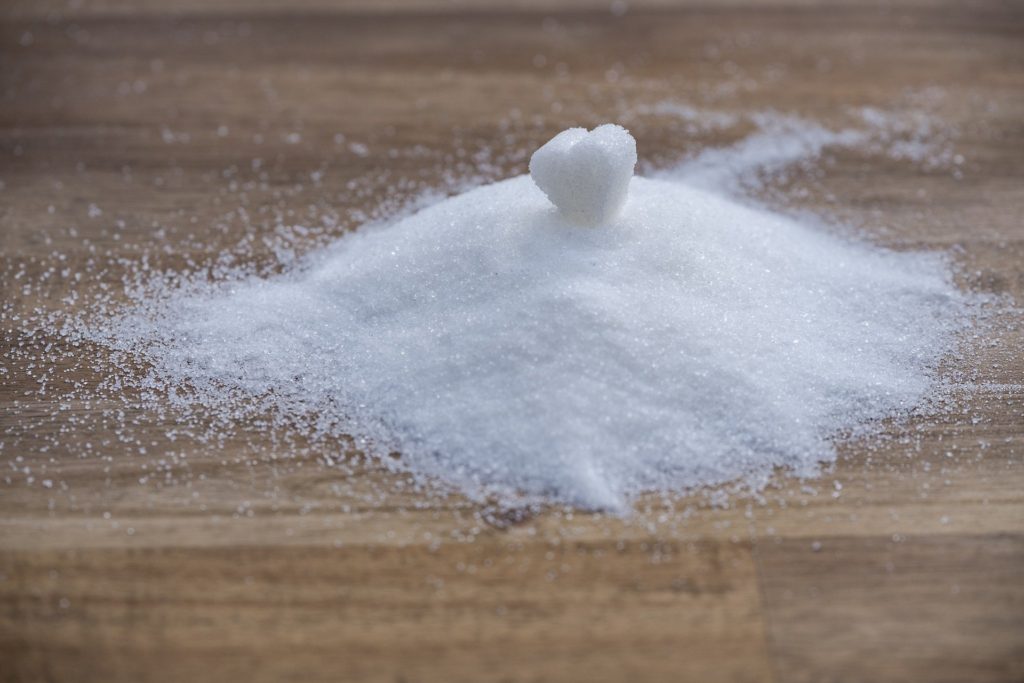If you’ve ever been told that eating multiple, small meals will help you to lose weight, sadly you’ve been misinformed.
The problem with constantly snacking throughout the day is that it skyrockets your insulin, making it basically impossible to lose weight.
In this article, I’ll explain how I lost over 40 pounds just by skipping meals, & how you can start losing weight with intermittent fasting today.
What Is Intermittent Fasting? 🤔
Intermittent fasting is a type of eating style where you eat for a certain, restricted period of the day & then fast for the rest of the day. The most common type of intermittent fasting is 18:6 intermittent fasting where you eat for 6 hours of the day & fast for the other 18 hours. The biggest benefit of intermittent fasting is easy weight loss.
Most people on intermittent fasting, or IF for short, just skip one meal a day, either breakfast or dinner, & then they automatically start losing weight.
Though it may seem hard to do, once you do it for a couple of days, you’ll stop getting hungry near the times you used to eat.
This is because the hunger hormone, ghrelin, only goes up whenever you normally eat.
But, if you consistently skip a meal, like breakfast, your ghrelin will eventually stop going up near your meal time since your body would realize that it won’t receive food.
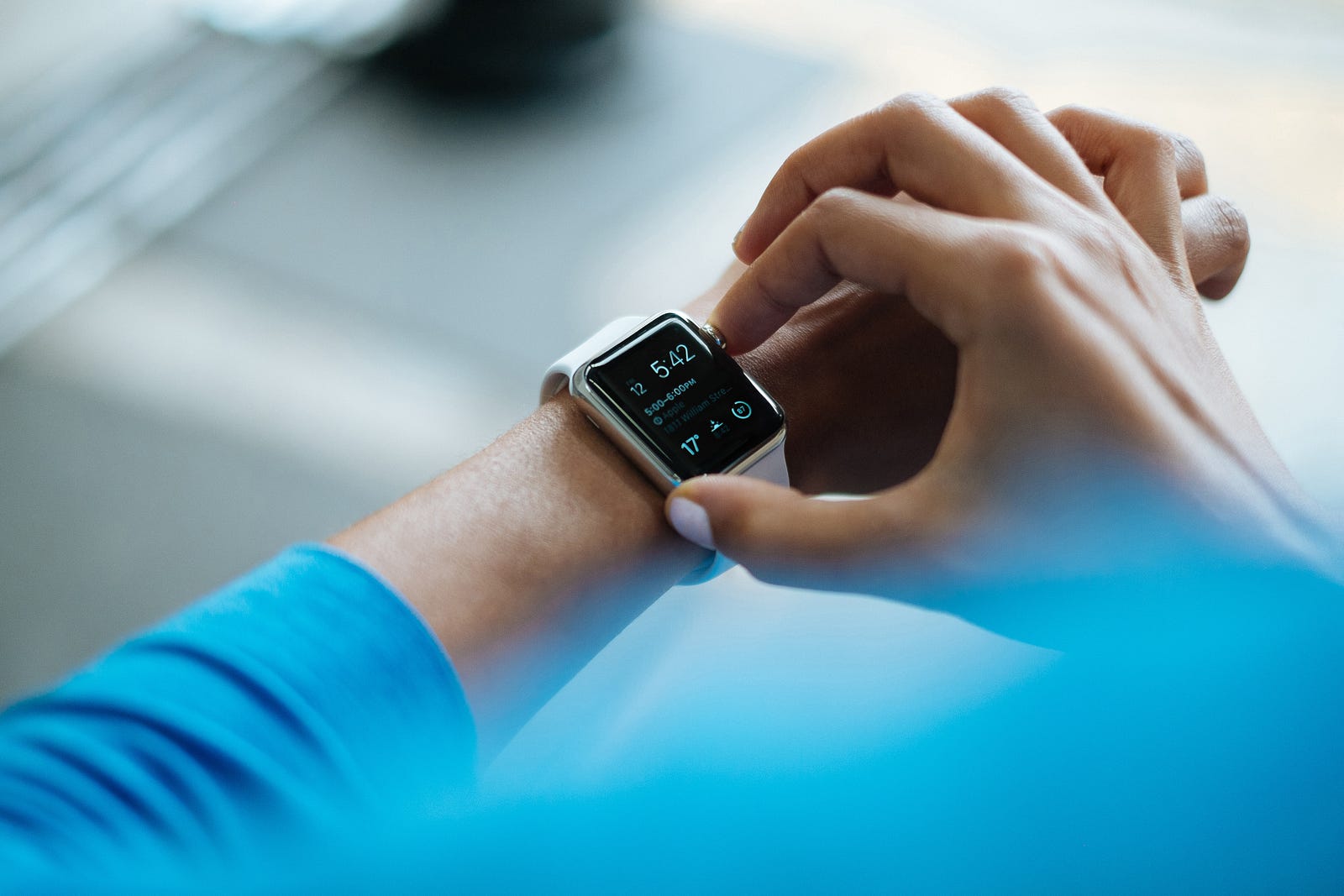
How Does Intermittent Fasting Work? 🤨
When you do intermittent fasting, you lose weight because your body’s insulin lowers & you snack less. Whenever you eat, your insulin, the fat storage hormone, spikes. But whenever you don’t eat, your insulin lowers. So, when you skip a meal with intermittent fasting, your insulin lowers, causing you to burn fat.
Intermittent fasting works similarly to how keto diets work, except it’s slightly easier to start.
Both keto & intermittent fasting help you to lose weight by reducing insulin, which then signals to your body to not be as hungry, which then leads you to lose weight super easily.
Is Intermittent Fasting Easy? 😁
If you’re used to eating throughout the day, intermittent fasting will be challenging at first. But, with practice, intermittent fasting does get easier.
A big challenge is giving up the snacks you’ve been eating, especially those high in sugar.
Once you eliminate that all-day snacking habit, it gets easier.
Another challenge is changing your schedule because eating throughout the day is an ingrained habit.
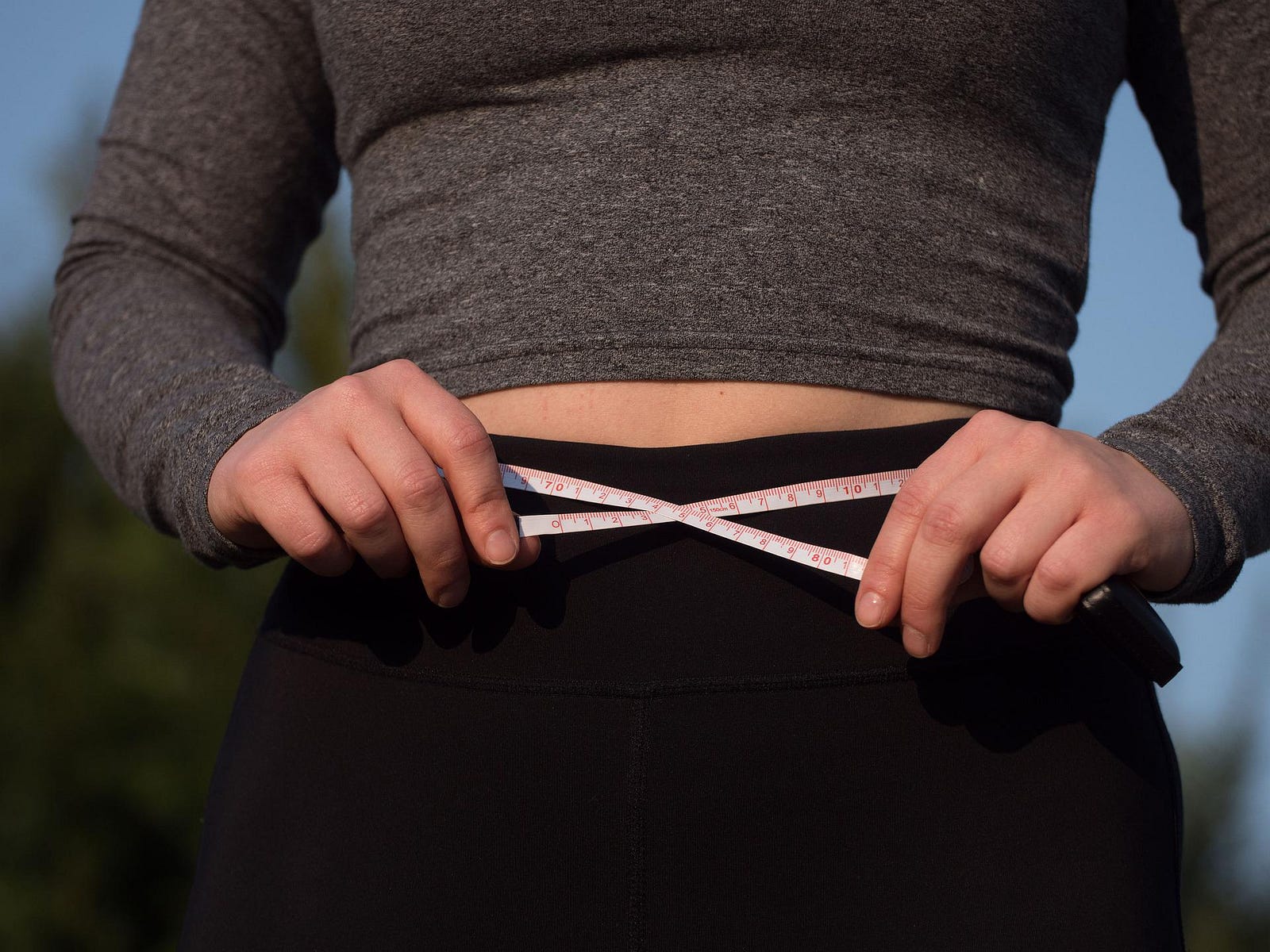
What Changes Does Intermittent Fasting Make? ⚙️
When you start intermittent fasting you become less hungry, less likely to store fat, your mood & hunger become more stable, & you enter a deeper state of fat burning.
- Less Hungry––With intermittent fasting, you lower your insulin. This means that as you get more & more adjusted to intermittent fasting, you become less & less hungry. This is because when you skip a meal, your body can tap into its own body fat for energy instead of food, so it’s like your body is always “full” on its own body fat.
- Less Likely to Store Fat––When your insulin levels are lowered, it’s much harder to store fat . This is because when you suppress the fat storage hormone, insulin, you automatically tend to eat less. This means that you’d be less likely to store fat.
- More Stable Mood & Hunger––When you do intermittent fasting, your mood & hunger is more stable. This is because when you use your own body fat for energy instead of food, the energy is more stable & consistent. That’s why when you eat carbs you may feel super energetic for a bit, but then go into a carb coma after. But, the opposite is true with intermittent fasting.
- Deeper State of Fat Burning — As you’ve learned, when you eat less often, your insulin drops. This helps put you into a deeper state of fat burning or ketosis.
Basically, the reason intermittent fasting creates all these beneficial changes is that intermittent fasting lowers your insulin, which then makes you less hungry, makes your energy more balanced, & helps you to lose weight much easier.
Should You Do Intermittent Fasting? 🫵
If you’re struggling with a weight-loss plateau, want to lose weight, or have a condition like type 2 diabetes or insulin resistance, you should definitely do intermittent fasting.
Intermittent fasting is probably the easiest way to break a weight loss plateau, lose weight, or cure conditions like type 2 diabetes or insulin resistance.
This is because, with IF, you just eat the same foods you were eating before, but just less often.
This helps you to lower your insulin & lose weight without being extremely hungry like other diets that you may have tried before.
Another great thing about intermittent fasting is that it’s free!
You don’t have to pay to skip a meal. In fact, you’d start saving money!

Should You Do Intermittent Fasting to Lose Weight? ⚖️
I highly recommend doing intermittent fasting to lose weight. It’s the easiest way to still eat the same foods you’re eating, but just skip one meal of the day. Intermittent fasting helps you to eat less often, which lowers your insulin & causes you to lose weight whilst not being ravenously hungry like other diets.
When I first started IF, I was overweight & wanted to lose weight.
I had tried other diets, but when I did intermittent fasting I lost weight really easily.
If you’re overweight, I highly recommend starting off with intermittent fasting, & then adding keto on top of intermittent fasting.
Both of these things can help you to lower your insulin & lose weight on auto-pilot.
But, I highly recommend starting with IF first since it’s easier & you’d be less likely to quit.
Should You Do Intermittent Fasting to Break a Weight Loss Plateau? 📉
If you stopped losing weight on whatever eating plan you’re doing, adding intermittent fasting on top of your current diet can be a great way to break your plateau. This is because not only does intermittent fasting lower your insulin, but it also stops you from snacking throughout the day.
Just by lowering your insulin from not snacking & skipping one meal, you’d automatically break your weight loss plateau.
I personally started my weight loss journey with keto, but I eventually stopped losing weight at around 50% of my weight loss goal.
But, when I added intermittent fasting on top of keto, I kept losing weight.
If you do eventually stop losing weight even with traditional intermittent fasting, start doing more intense versions of fasting like one meal a day fasting & prolonged dry fasting.

Should You Do Intermittent Fasting to Cure Insulin Resistance or Type 2 Diabetes? 💉
Yes, if you want to cure your insulin resistance & type 2 diabetes for good, I highly recommend starting intermittent fasting. When you skip a meal with intermittent fasting, you stabilize your blood glucose levels and stay insulin-sensitive. This can help you to cure your insulin resistance or type 2 diabetes within a couple of months.
But, if you find that you can’t cure your insulin resistance or type 2 diabetes fully with just intermittent fasting alone, I recommend doing a ketogenic diet & a more intense type of intermittent fasting like OMAD.
How to Start Intermittent Fasting 🎬
To start intermittent fasting, just skip one meal of the day that you’d normally eat, like breakfast or dinner. If you’re a beginner, I recommend that you start out with a 16:8 plan where you eat for 8 hours of the day & fast for the other 16 hours.
This would help you to get adjusted to intermittent fasting, but also help you to lose weight quickly.
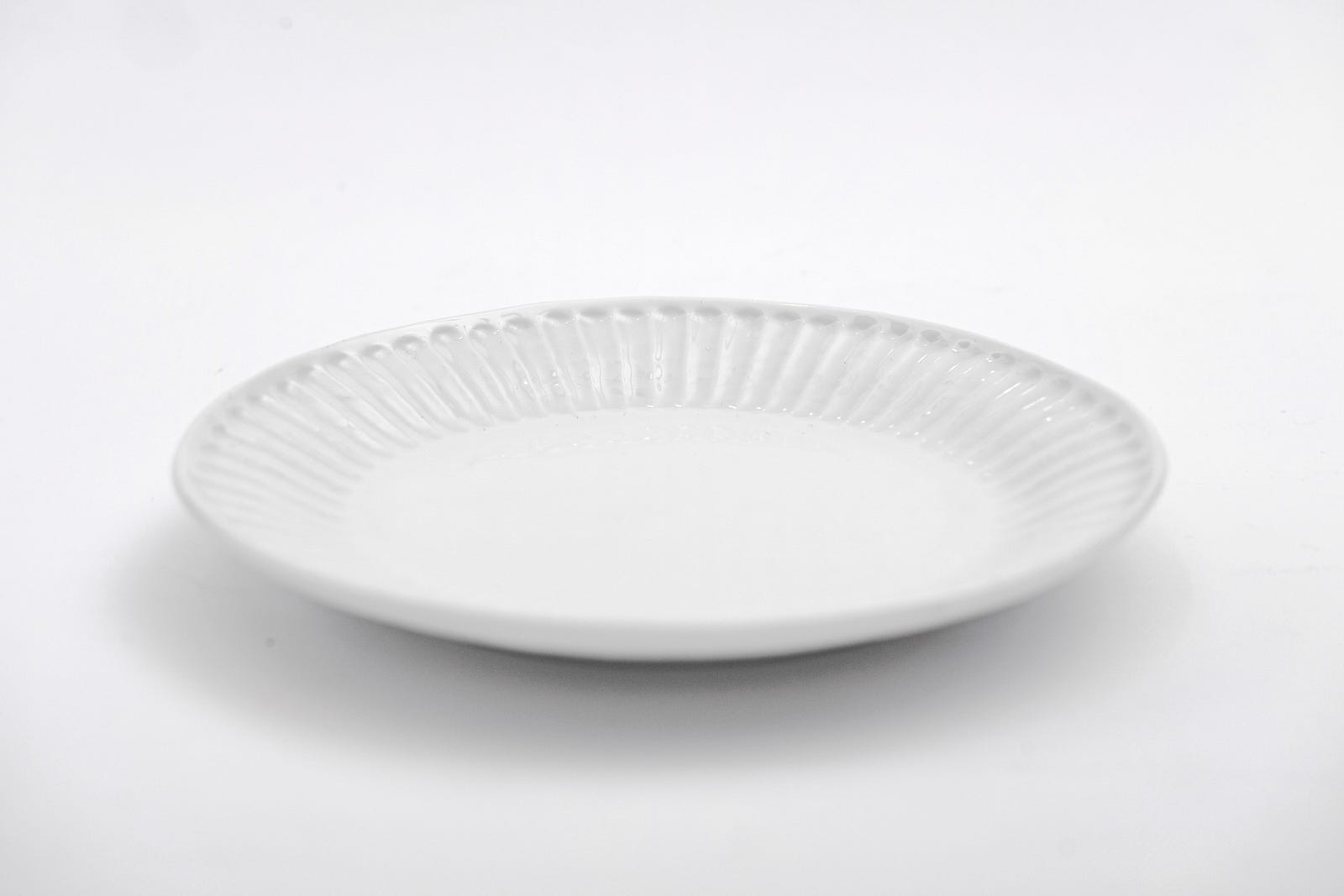
How to Keep Progressing With Intermittent Fasting 📈
To keep progressing with intermittent fasting, just make sure that as time passes that you decrease the eating window. For example, if you started out with 16:8, progress to 17:7, then 18:6, and so on. If you don’t do this, then you’ll eventually stop losing weight.
It’s better to start with a bigger eating window, like 16:8, on your first attempt at intermittent fasting, then move to a smaller eating window as you become more adjusted to IF.
FAQs 🙋
Let’s dive into a few of the most frequently asked questions about intermittent fasting.
Can I Still Drink Beverages During the Fasting Period? ☕️
During the fasting period, you can drink water, unsweetened tea or coffee, or any other calorie-free beverages. If you do drink or eat calories, your fast would technically break so avoid drinking beverages that have calories.

Doesn’t Eating Less Food Help You to Lose Weight? 🍽
No. That’s because when you eat less, you’ll start losing weight, but then eventually you’ll rebound. This is because your body is smart & knows that if it isn’t getting enough food then it must burn fewer calories. It might do this by making you unconsciously move less, fidget less, think less, etc.
If you do just restrict calories, your body will just adjust & you’ll eventually start to gain weight because your body wants to survive.
Instead, focus on lowering your insulin with fasting & a keto diet so you can burn fat without regaining it.
Is Snacking Allowed on Intermittent Fasting? 🍿
Yes, during your eating window you can snack. But, since snacking raises insulin, which is bad for weight loss, try to snack as little as possible during your eating window.

Which Meal Should I Skip on Intermittent Fasting? ⏱
I recommend skipping dinner with intermittent fasting. When most people eat late, they tend to sleep worse. But, if skipping breakfast is more convenient for you, or if eating dinner as a social meal is important to you, then skipping breakfast instead of dinner is also a great option.
What Are the Side Effects of Intermittent Fasting? 🫤
The biggest side effect of intermittent fasting is being hungry during the fasting period. In the beginning, as your body is adjusting, you probably will be the most hungry during the time of the meal that you skipped. This is because your hunger hormone, ghrelin, goes up when you normally eat.
Another common side effect of intermittent fasting is being tired when you first start IF.
This is because your body needs time to adjust to using its own body fat for fuel instead of food, so you may feel tired or moody near the end of your fasting window.
But, as long as you keep doing intermittent fasting consistently, and as your body adjusts, eventually these side effects will go away.
Safety ⛑
If you know that you have a certain medical condition that may interfere with intermittent fasting, you should talk to your doctor for help.
You should be specifically careful if you are:
- Taking meds
- Underweight
- Pregnant or breastfeeding
- A woman with amenorrhea
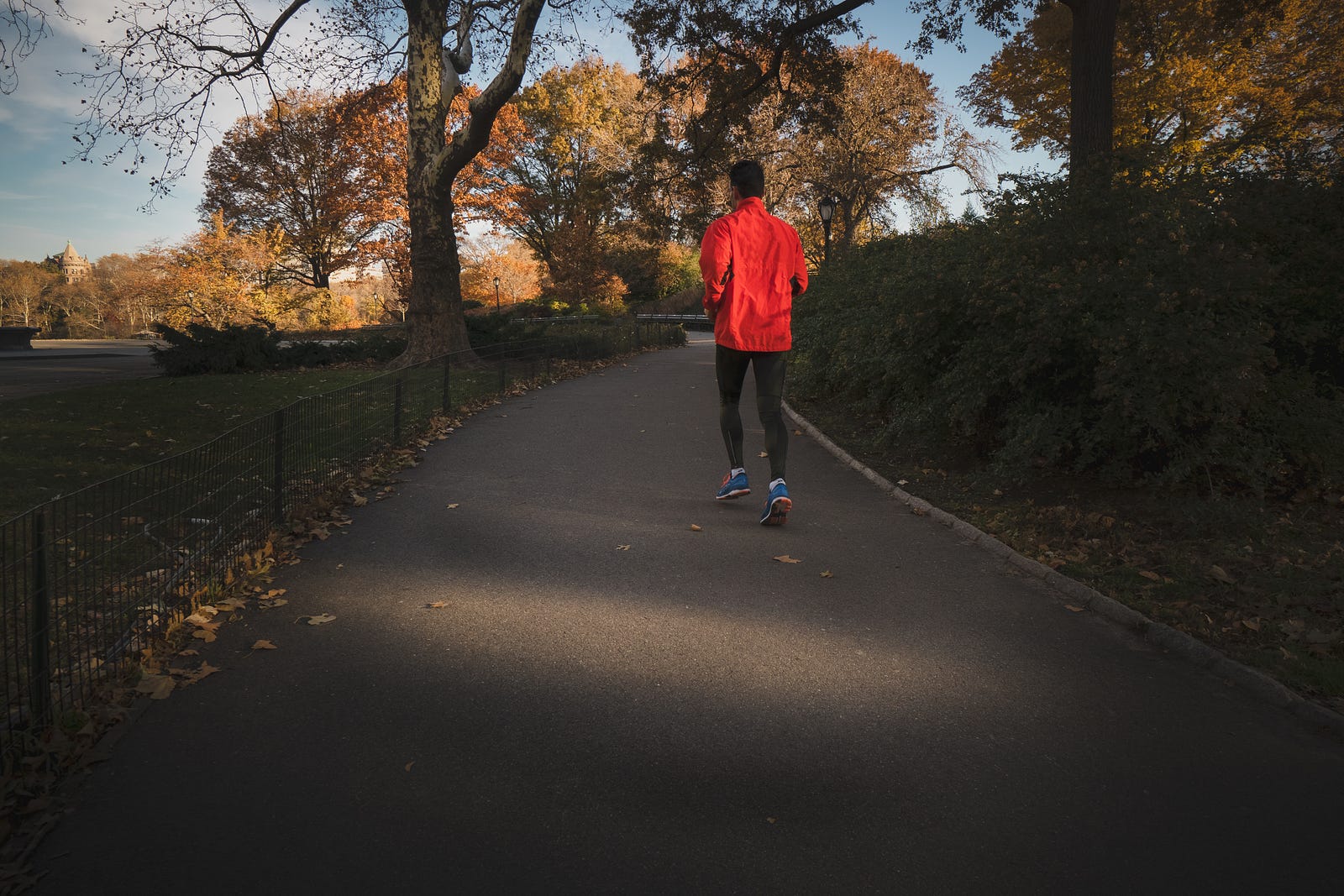
Conclusion 🏁
In conclusion, intermittent fasting is the easiest way to lose weight, break a weight loss plateau, or cure conditions like type 2 diabetes & insulin resistance.
If you want to get the benefits of intermittent fasting, start 16:8 intermittent fasting by skipping one meal, either breakfast or dinner, every day & make sure that your eating period is around 8 hours a day.
Once you adjust to 16:8, start progressing by lowering your eating window so you can keep losing weight.
If you’re interested in reading my full guide on how I lost 40 pounds with keto & intermittent fasting, here’s my article where I detail everything I learned along my journey so you can start losing weight too.
- Can You Still Lose Weight If You Aren’t in Ketosis? - February 8, 2023
- Can the Keto Diet Help With Depression? - February 8, 2023
- Why Does Processed Food Make You Fat? - January 2, 2023



